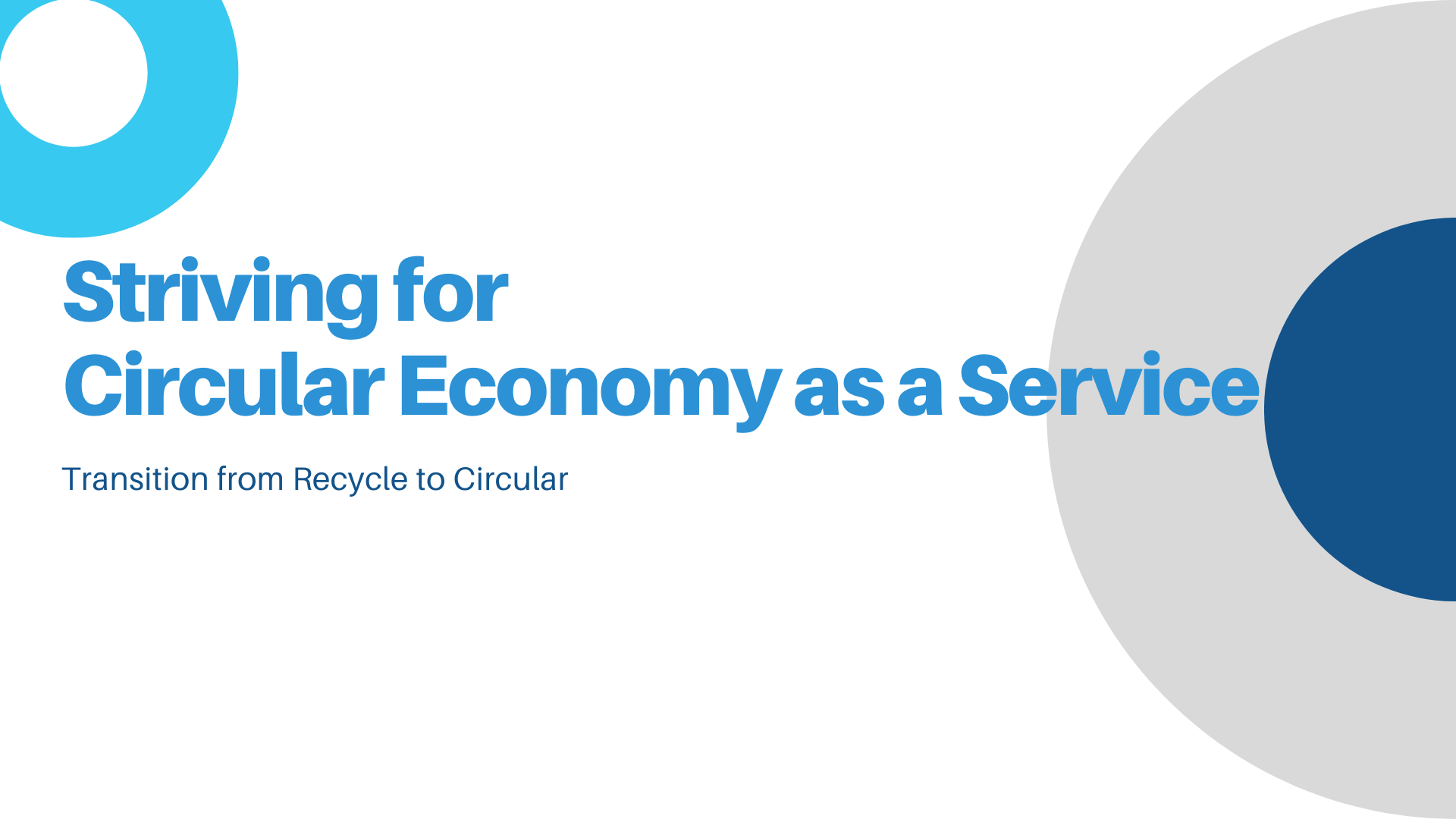Facing a labor shortage, we at CDREM, a business processing outsourcing (BPO) company specializing in the reuse and commercialization of IT assets such as PCs, smartphones, and servers, see this as an opportunity to strengthen our services.
With the recent depreciation of the yen and unstable international business environment, many large corporations have started to bring back their manufacturing base previously offshored, further accelerating the domestic labor shortage. These circumstances have led to a significant increase in competition for talent, which is concentrated in certain regions.
Given the financial constraints, we can’t afford to invest solely in labor costs. Companies that struggle to secure sufficient talent are increasingly outsourcing non-core business segments. This trend creates a unique opportunity for us as a BPO provider. However, the situation is not as simple as it seems.
We, too, are dealing with a labor shortage, which puts us in an even tougher position compared to larger corporations. But we believe that the need for BPO services will continue to grow. Therefore, the challenge is how to turn this pinch into an opportunity and make our BPO business profitable.
Firstly, we must become a company that sells technical and skilled services. We are obliged to take on tasks that clients find unprofitable, make them profitable through innovative approaches, and develop the skills necessary to automate these tasks. Without such skills, we can’t maintain our competitive edge.
Relying on a business model where we take over tasks that clients previously managed in-house, perform them at a lower labor cost, and profit from the difference, will become increasingly challenging. To increase profits, we have no choice but to improve our productivity.
In addition, even if the tasks we initially undertake represent only a part of the overall process, we should be ready to accept tasks preceding and following them. Demonstrating that further efficiencies are achievable if we handle more aspects of the process might increase our order volume.
Achieving these two points requires a dedication to strengthening our skilled workforce capable of automation and high-level tasks, and a commitment to thorough individual process management, regardless of the number of tasks.
In terms of skills, while we certainly need to enhance individual technical skills through internal training, we also need to ensure that our employees understand IT and communication technologies in depth, as well as having a broad knowledge of hardware and software. Relying on staff trained only on a short-term basis will not be efficient.
When it comes to process efficiency, we need to be prepared to identify inefficiencies in real-time and immediately rectify them. This will require a commitment to the thorough individual process management of products.
Given the nature of used goods trading, which is similar to the distribution of fresh vegetables, each product differs slightly, and market prices are always fluctuating. Recognizing current trends and prioritizing the sale of popular items increases profitability, requiring thorough individual process management.
Considering these circumstances, we believe, in these days, that it is necessary to transition to a company operation driven by regular employees with high skills and retention rates.



